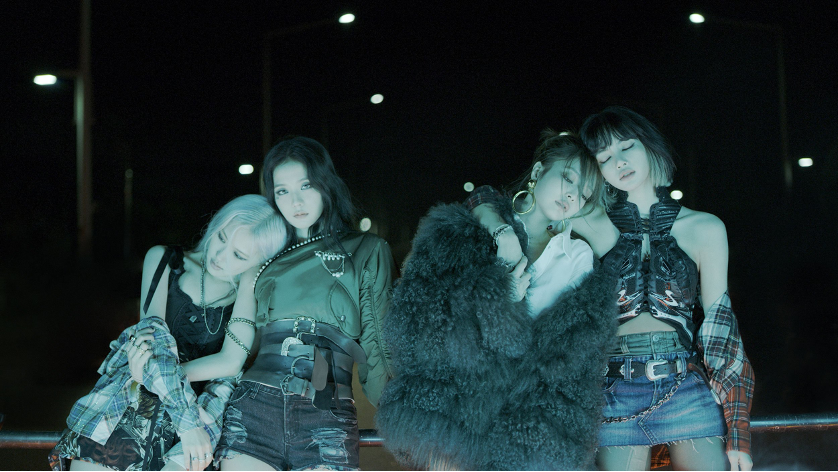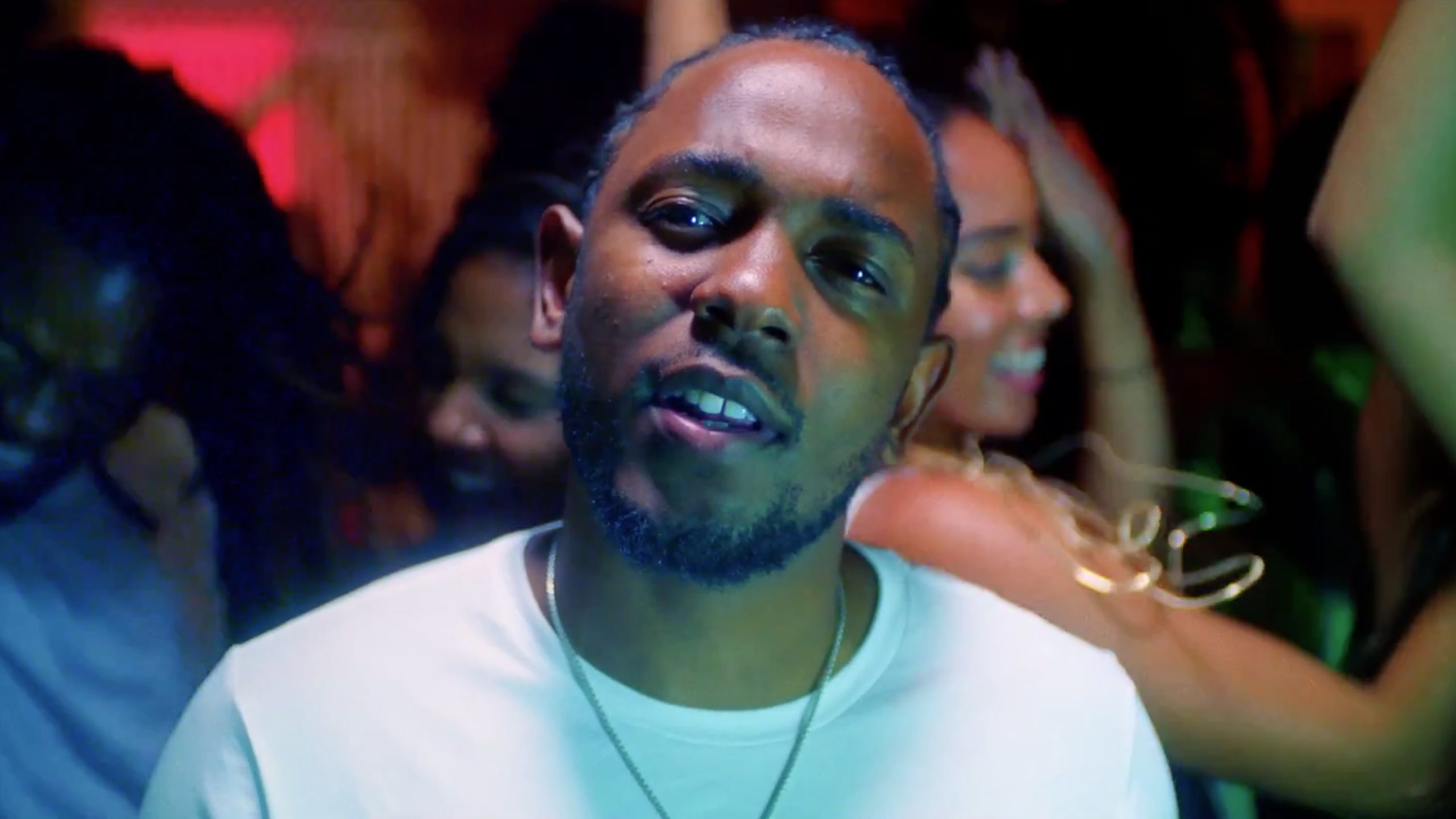By: Amanda Alvarez
When a decade contains some of the most formative years of your life — from most of elementary school up to your first semester in college — moments of your life are bound to become tied to music. We all have our own daily soundtracks, and as times and tastes change, we can typically plot out the course of our years based off of what was playing in the background. Every song I’ve exhausted over the years was replayed because I wanted to remember the moment that went with it, and many times I have sat back and let the feeling of a sinking, sappy memory slow down my thoughts and transport me.
However, dear Reader, I discovered an unfortunate pattern while trying to come up with a list of my favorite songs from this beloved decade. Every song from the 2010’s that I enjoy and/or have a personal attachment to is, well, really sad. Objectively, every song is emotional, or I actually spent months crying to it, or the lyrics are heart-wrenching and I never really realized until now. All of the music that defined my happy moments is from the 90’s or early aughts, and I never really listened to current music until much more recently (or, according to this list, until I really wanted a good cry). Ah, the joys of a long-term, finely aged emo phase!
And so, I present to you my top five songs of the decade: Sad Boi edition. Ranked for both quality and lasting emotional impact, presented in chronological order, I give you my list and hope that you can somewhat relate!
Mac DeMarco – The Way You’d Love Her (2015)
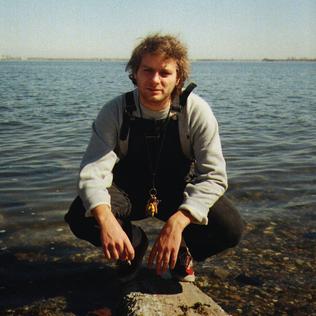
There’s something cathartic about being able to walk with such a pep in your step to Mac DeMarco’s surfy, plucky psychedelic rock while also feeling your heart ache at the opening line. Another One is a project about a twisted, yearning, trying love as DeMarco reminisces on every angle of what love can be when it doesn’t quite pan out. “The Way You’d Love Her” opens the album, and its gentle, kind words work their way into your heart quickly as DeMarco (and you, dear Reader and Listener) ponders “the way you’d love to love her” with the sweet innocence of a newfound crush. DeMarco’s soft echoing voice against the slightly off-kilter tuning of his backing instruments mimics the internal dissonance and loneliness found in unrequited love. The soft and almost shy quality of the guitar as it wavers into existence, melts into the background, and brightens the song with a plucky, jumpy solo before softly melting again feels like the ebb and flow of the heart’s tides. This song held my hand through my relationship woes, spurning my inner romantic onwards and forwards as I learned what it truly means to love someone.
Sufjan Stevens – Fourth of July (2015)
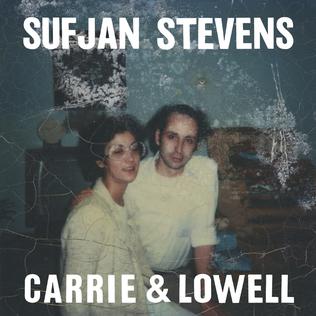
Carrie & Lowell is the Sufjan Stevens album that makes me forget about the artist that wanted to write an album for all 50 states. Stripped to his basics, Stevens keeps the instruments and vocals simple with a supreme focus on poetic lyrics. “Fourth of July” captures that essence with only a piano, Stevens’ voice, and a ghostly, almost bell-like quality that lingers over the track. The lyrics are a back-and-forth between Stevens and his recently departed mother, who had abandoned him at a year old. Tender nicknames, like “my firefly”, “my little hawk”, “my little Versailles” pepper the song and muddle the line between mother and son. The nature of their relationship is only amplified by Death’s overhanging presence, along with the knowledge of how much time was lost when she left him. As Stevens worries at his “fading supply” of life, his mother apologizes for leaving him before he acknowledges her death in the next verse. Stevens’ perspective takes over the song, and his mother’s voice breaks through once more — whether it’s actually her or Stevens’ projection onto her — urging him to “make the most of [his] life”. The song ends with Stevens repeating the simple phrase “We’re all gonna die” until the music cuts out suddenly and he says it once more, becoming the last rush of air before the song itself dies. The sobering nature of this track cuts into stark relief what your relationship was with your most recently departed and what could have been done better on both parts. It taught me that time is fleeting, and the only thing left to do is to hold fast to those you love in the hopes that time’s incessant passage will slow enough for them to know how much you care.
Paramore – 26 (2017)
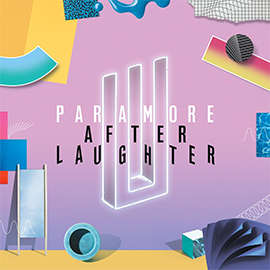
I think everyone has a song that, when it comes on shuffle, everyone in the car goes silent to turn and look at you; this is that song for me. “26” is Hayley Williams’ acoustic reflection on her struggle with depression prior to the release of After Laughter. It’s a battle with reality and what it means to mentally stay afloat in a world where she’s “chasing after dreamers in the clouds”. Airy guitar and the subtle presence of violins follows that thread, taking the listener along as Williams tries to dream again. As someone who’s faced the same struggle as Williams for as long as I can remember, there comes a point where you can’t see your life extending beyond the end of your nose. Imagining a future becomes impossible when, in your eyes, there is no future for you. Williams, singing that she “wouldn’t care what [dreaming] would cost”, held a mirror up to my red, raw, tear-smeared face as I scrambled for any dregs of hope, trying to remember what it felt like for the statement “when I grow up…” to actually have meaning behind it. Her desperation to keep “all [her] hopes alive” struck a chord within me as all that I was hoping for was to not sink into despondency. This song followed me for the latter half of high school, and every time I felt an episode creeping on I’d play this as both a source of catharsis and empathy. “26” is a song about trying to do more than survive, of trying valiantly to grow wings when the clouds have dissipated from under your feet and you find yourself plummeting towards the pavement.
Kacey Musgraves – Mother (2018)
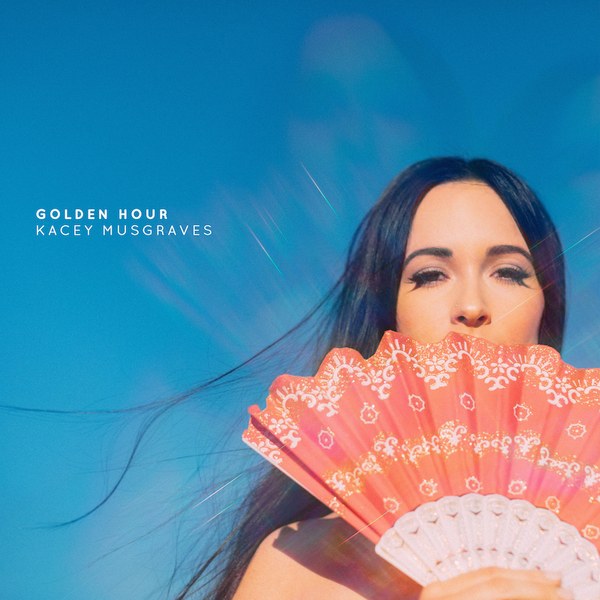
One of my favorite albums of 2018, Kacey Musgraves’ Golden Hour is the epitome of woman-centric country, spanning every subject from loneliness to conceited men to the anxiety of love gone right. “Mother” is the shortest track on the album, starring only Musgraves’ voice and a slow, lush piano. It’s a two-stanza poem more than a song. The first verse is aimed towards her mother and allows herself to be vulnerable in a way that every child is with their parent, with the duality of not being able to talk about what you’re feeling coupled with the sincerity behind hoping “[her] tears don’t freak you out, they’re just kinda coming out”. This emotional divide is only furthered by the second verse, which echoes the generational loneliness that follows the relationship between every woman and her mother. Missing your mother doesn’t end when you become one, it only stretches further along the family line. When I left home for college, the first thing that hit me was how much time I wasted with my mother and how much I missed her. As I continue along, especially when I visit home, I make sure that my mom knows I care instead of assuming the childhood arrogance of a guaranteed motherly love. Learning how to navigate life without one of the most important women by your side puts things into her perspective, and more and more everyday I see my life through her eyes. “Mother” confronts you with the strange feeling of realizing that the woman who was once always an arm’s length away is now separated from you by hundreds of miles when all you want is for her to hold you again.
Mitski- Pink in the Night (2018)

If there is any song that scoops my heart out of my chest with the swift, smooth efficiency of a melon baller, it’s Mitski’s “Pink in the Night”. I latched onto this album the moment it was released, and “Pink in the Night” made every moment of self-reflection, blind devotion, rejection, and lost love flash before my eyes again. Mitski’s voice almost rings as the song opens, the synths at the start mimicking her “glow[ing] pink in the night in [her] room” as they hum to life. The music lends to the atmosphere of the song: guitar plucking mimics raindrops falling and “singing ‘I love you’”, the drums in the blank space between verses feels like Mitski’s heart is beating in our own ears, and the ramping volume as she repeatedly asks “Can I try again?” emphasizes the urgency hidden behind the question. This transition from professing her love to asking for a second chance is highlighted by the line “I could stare at your back all day”. No matter the context, there is a detachment from her lover. The endearing sentiment behind being enamored with every part of them falls away as you realize that they’re not really there anymore. You are left staring at the rising and falling of a back that you care more about than they ever will care for you, and as you ponder over everything that went wrong all you can think of to ask is “Can I try again?”.
I am someone that is deeply rooted in their past. I’m a romantic at heart, I don rose-colored glasses whenever I look at my past, and one of my favorite feelings is nostalgia. Change is something that I have typically had rather mixed feelings on. This decade has been about finding myself, about discovering what I’ve wanted and needed as I came into my personhood and matured into early adulthood. Change is an inevitable part of growing into yourself. Music was one of the first ways I did that, learning agency and individuality through my tastes. It was also how I learned how to navigate my emotions, and became a way to relate to people. Hell, I even met my best friend through TLC’s “No Scrubs”. Music always finds a way to connect people, both to themselves and to those around them no matter how different you may think yourselves to be. As we move into this new decade, I can only hope that the growth that music has always facilitated for me will continue, and whatever role music has played in your life, dear Reader, only continues to grow and change you for the better. To another decade of — hopefully not too much — Sad Boi music, positive changes, and the community that music has always and will always provide!
Soflosound.com is your one stop shop for a hip hop fan’s music reviews, profiles, and essays. By the youth, for the youth, and allied with all oldheads, everywhere. Leave a comment below on what you want to see next!
Edited by Tommy Rodriguez
